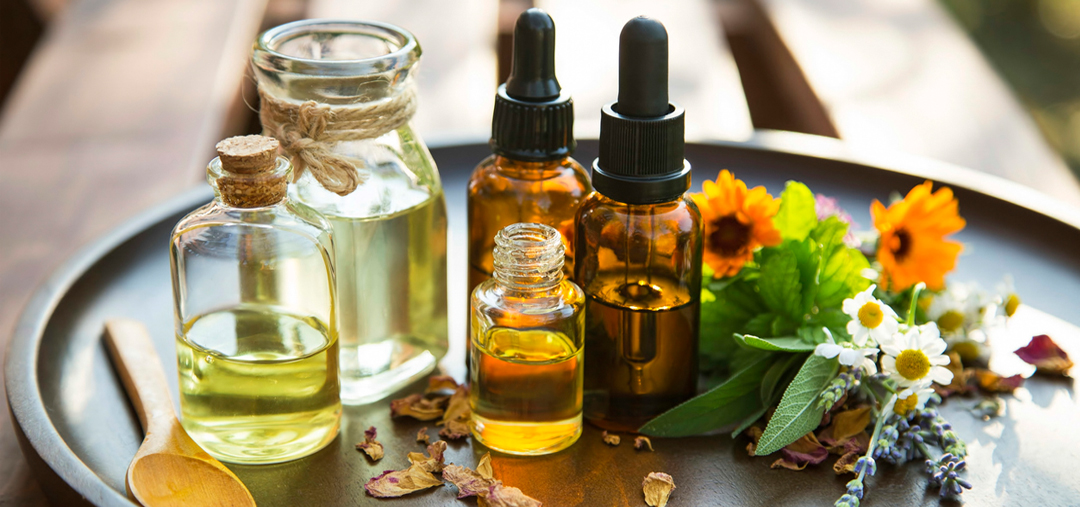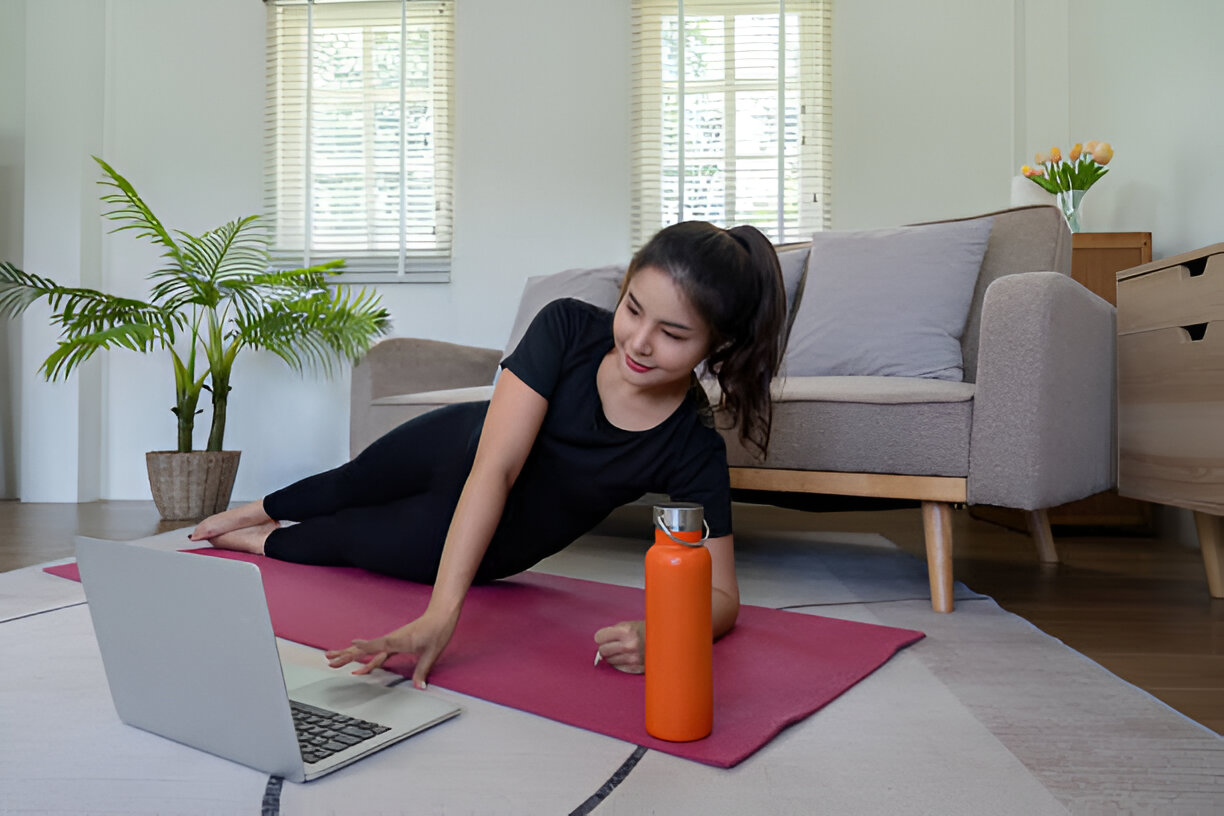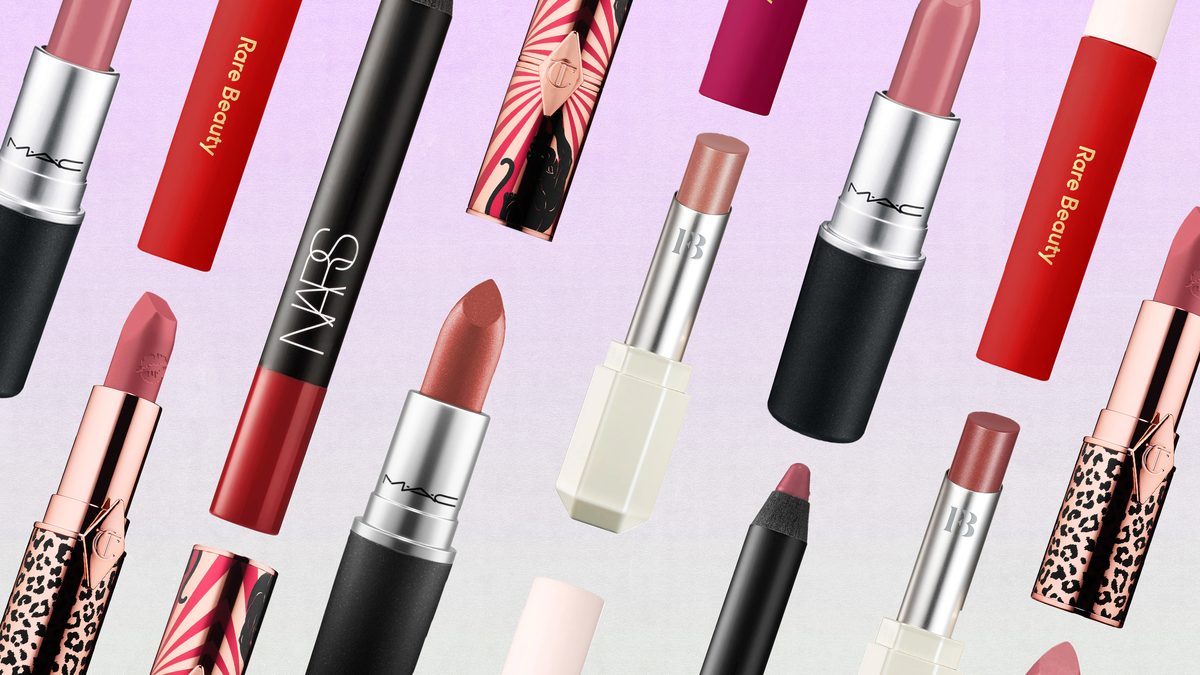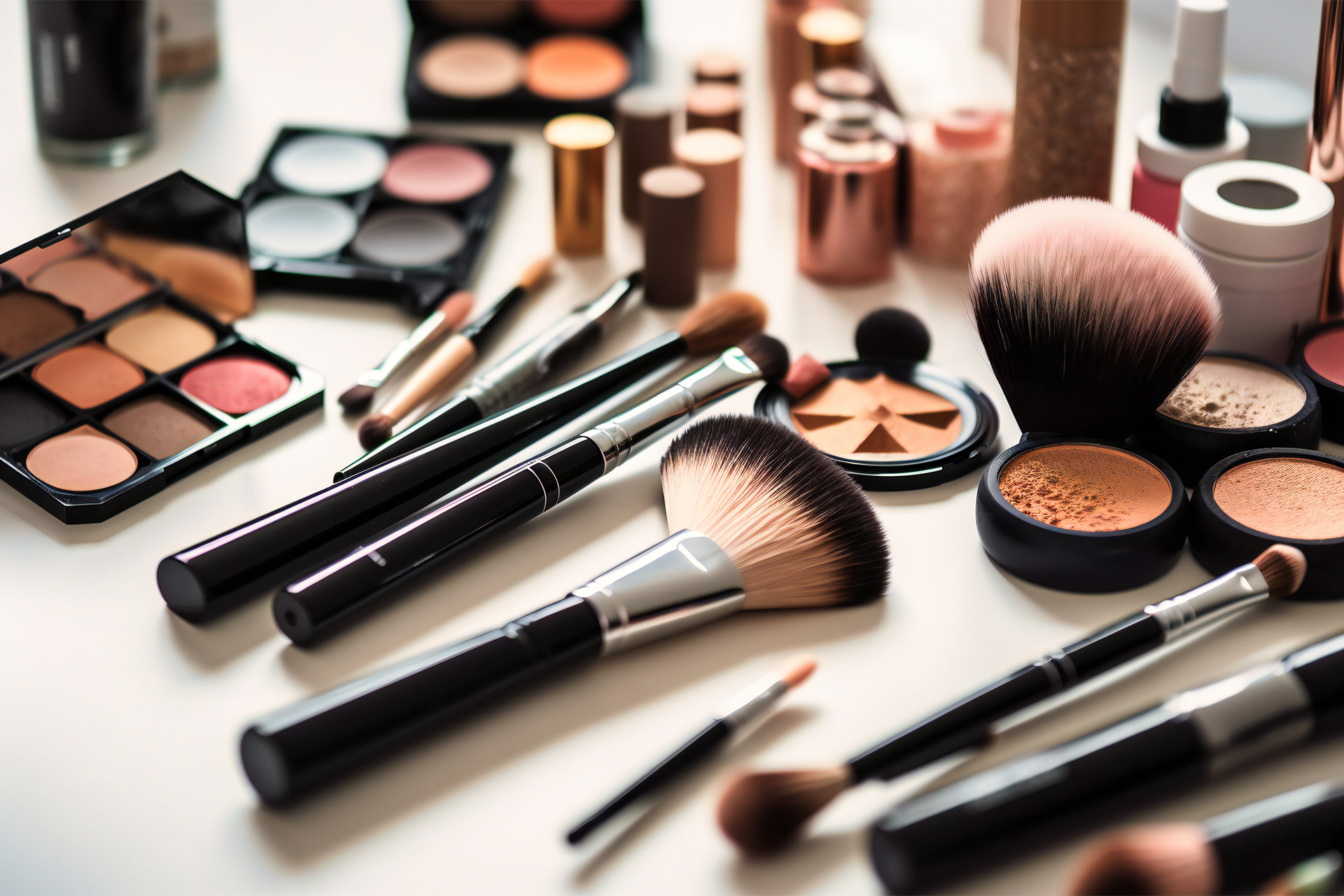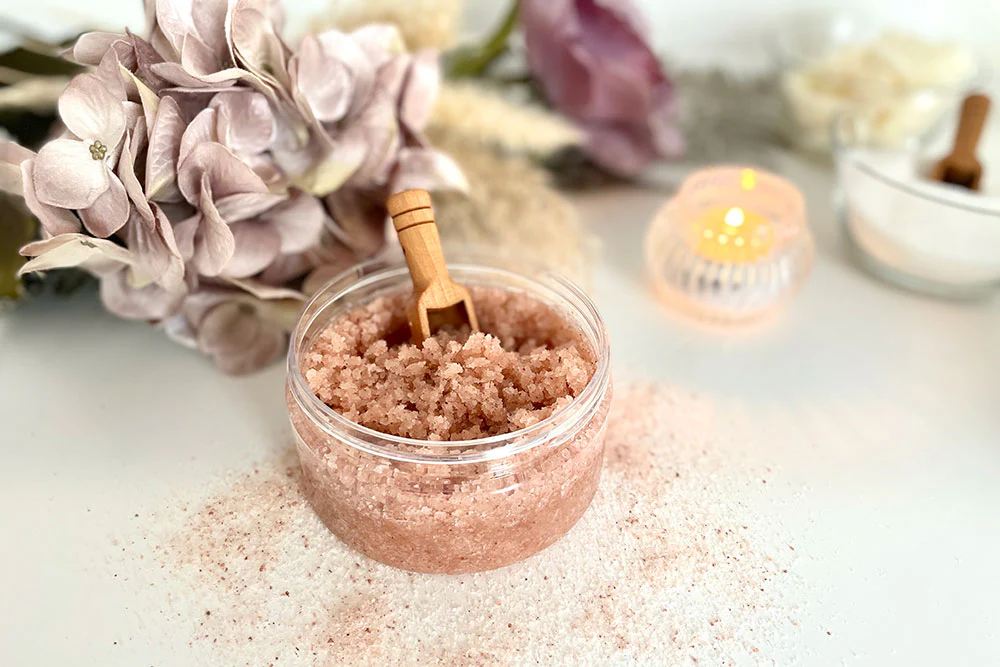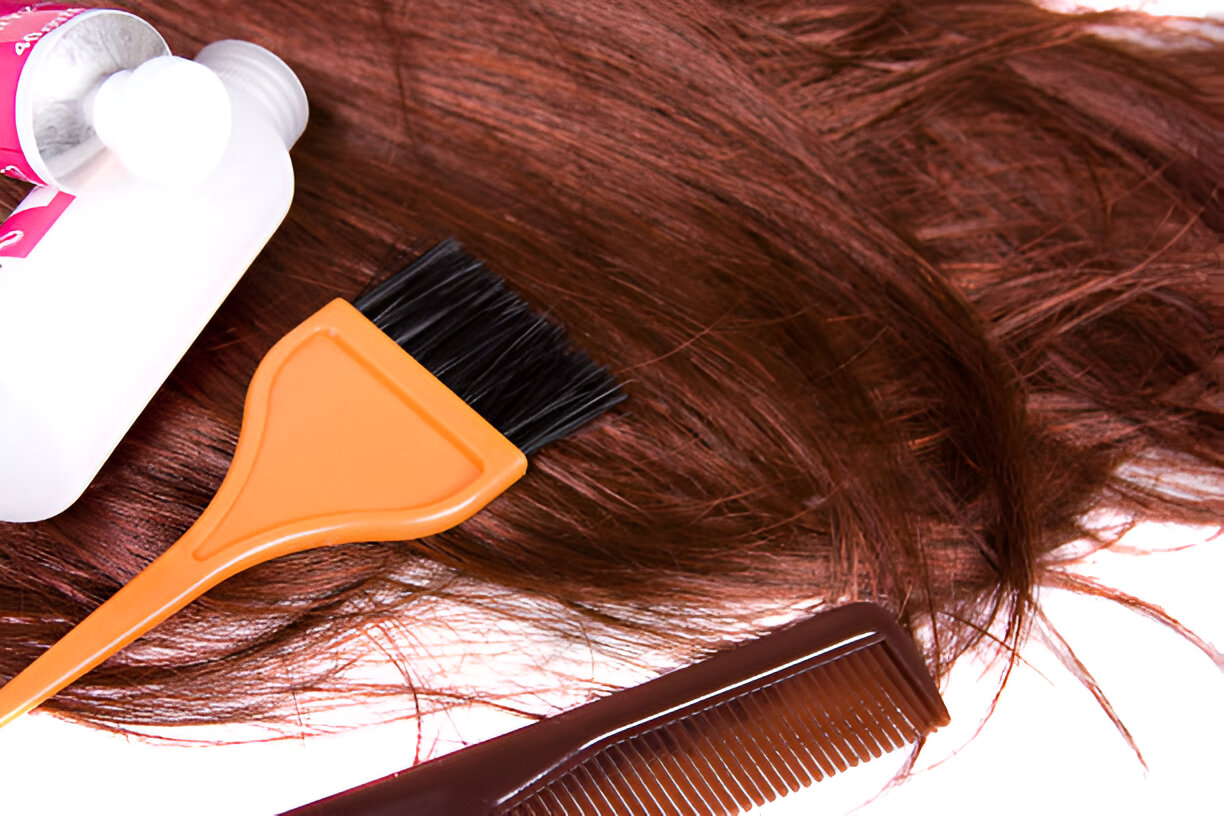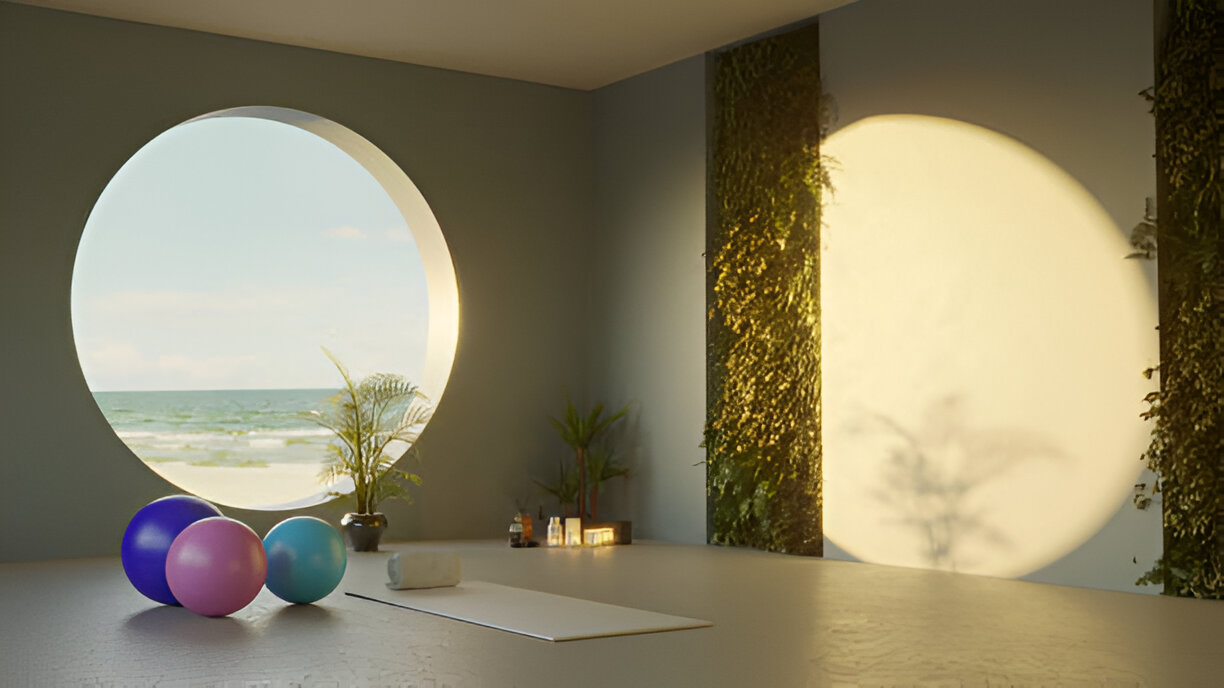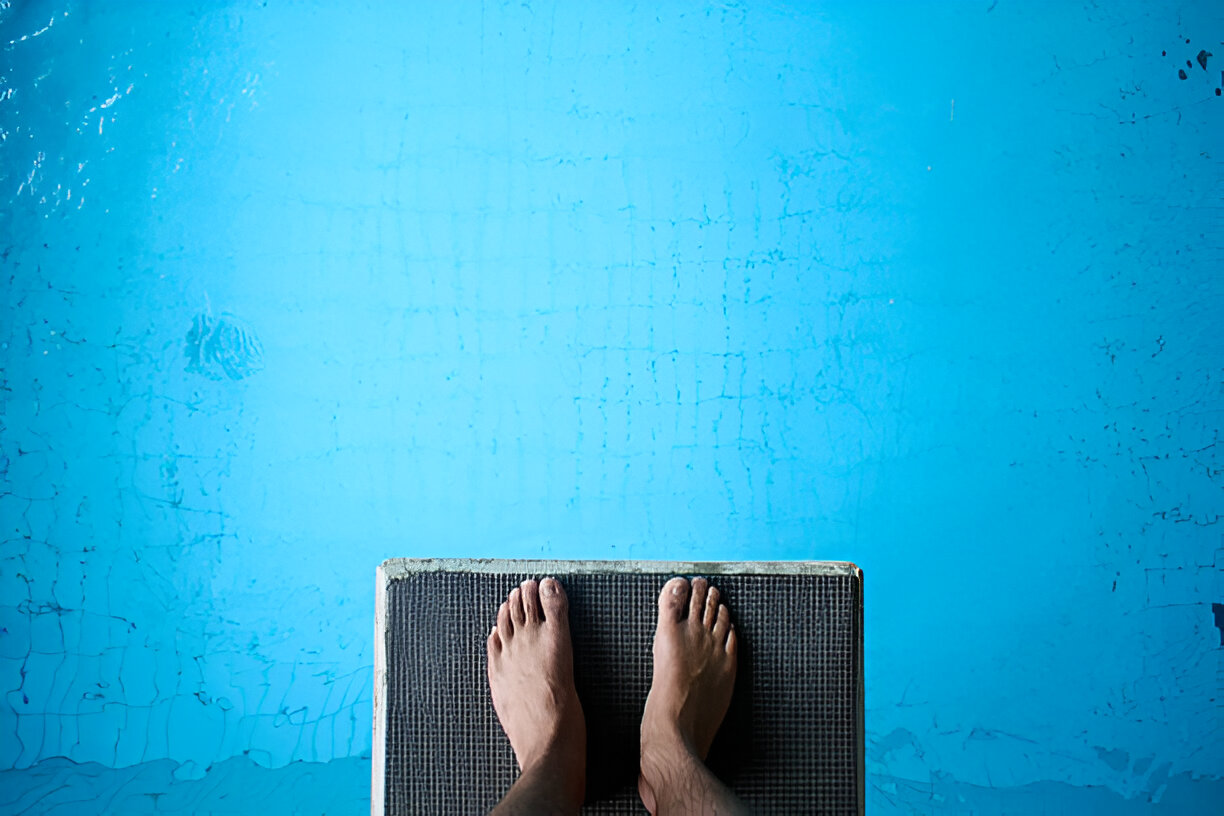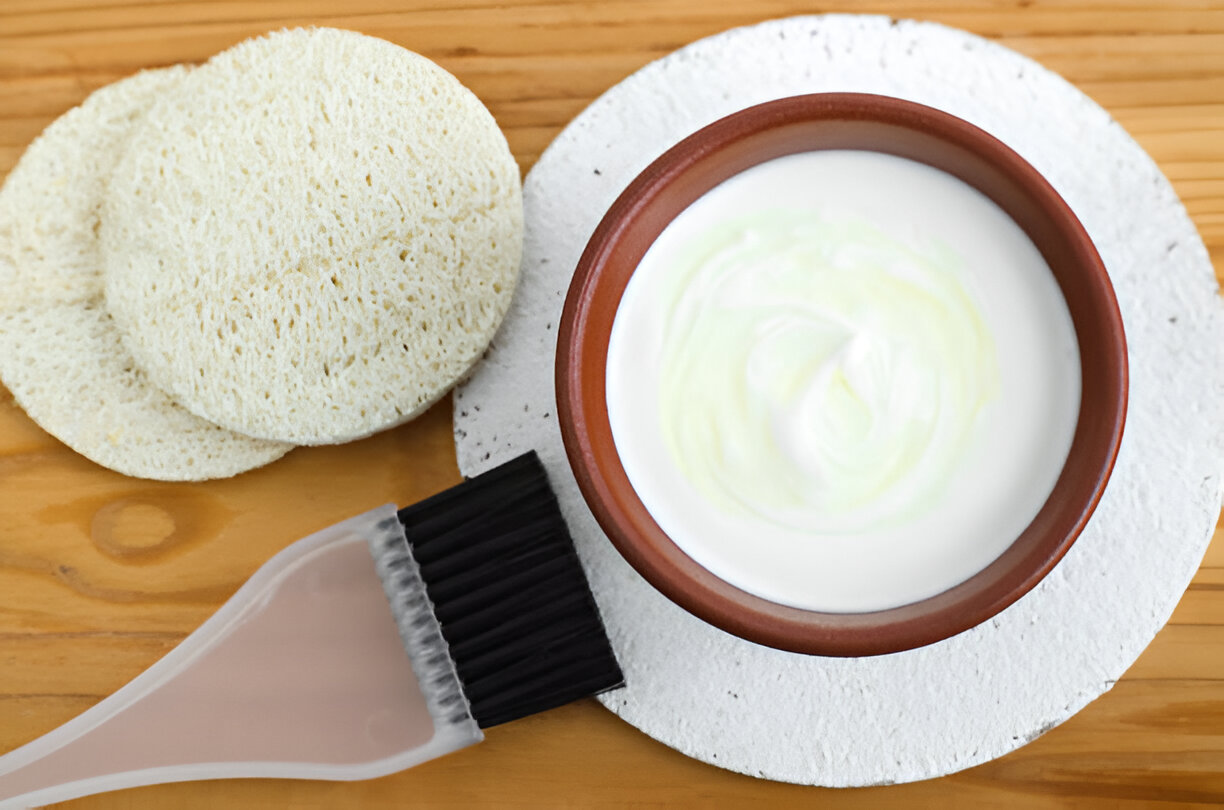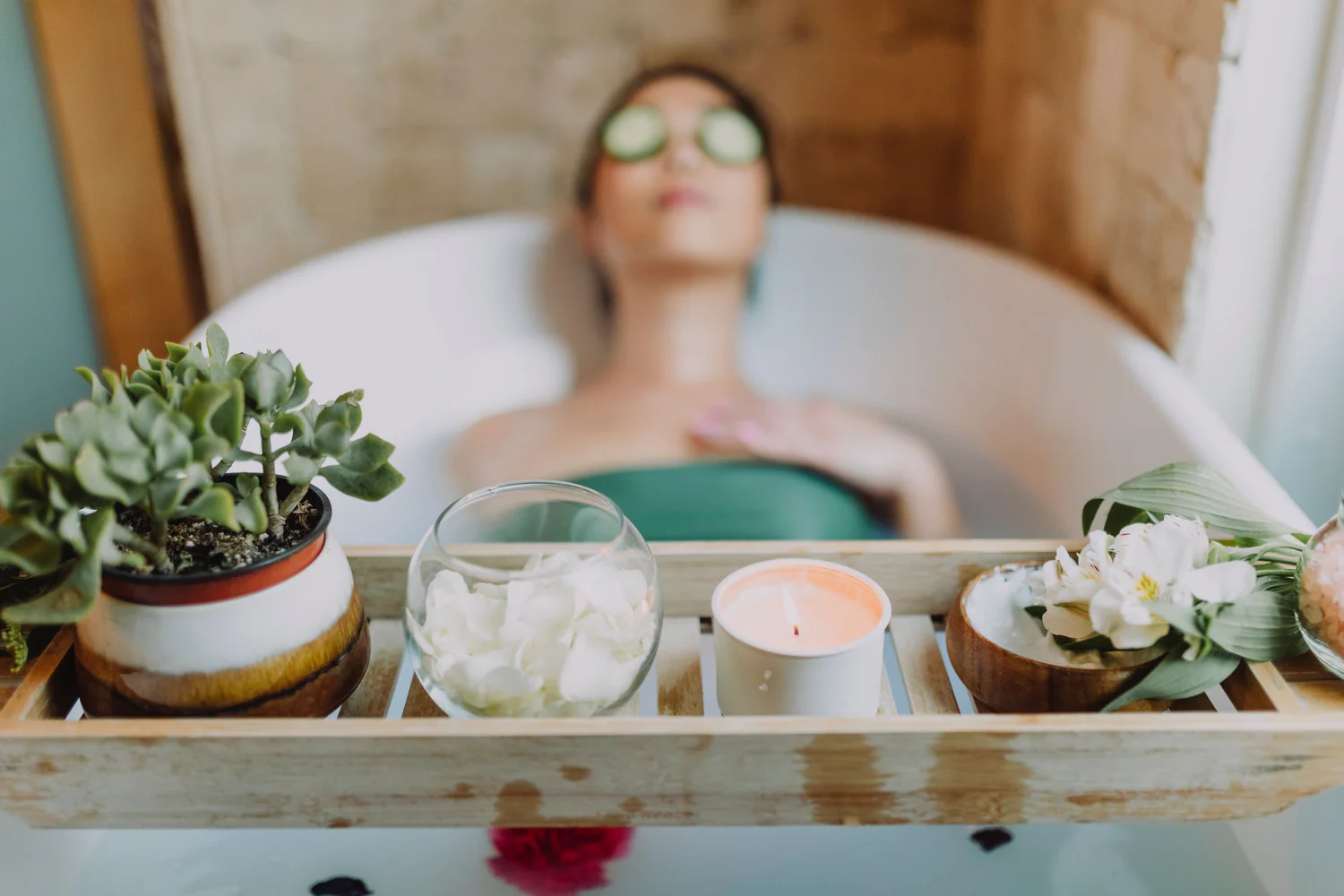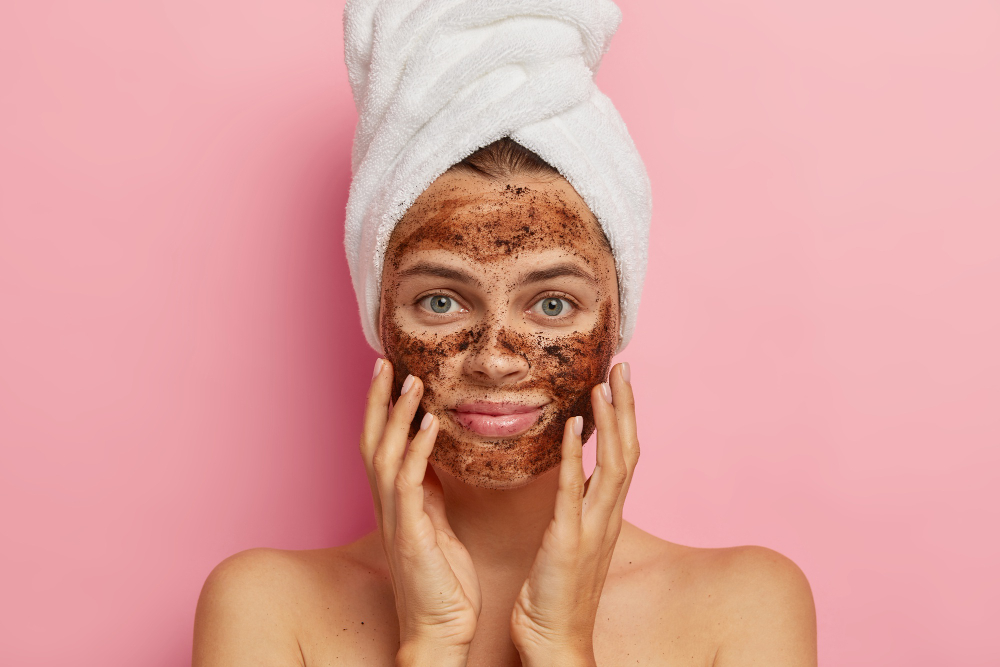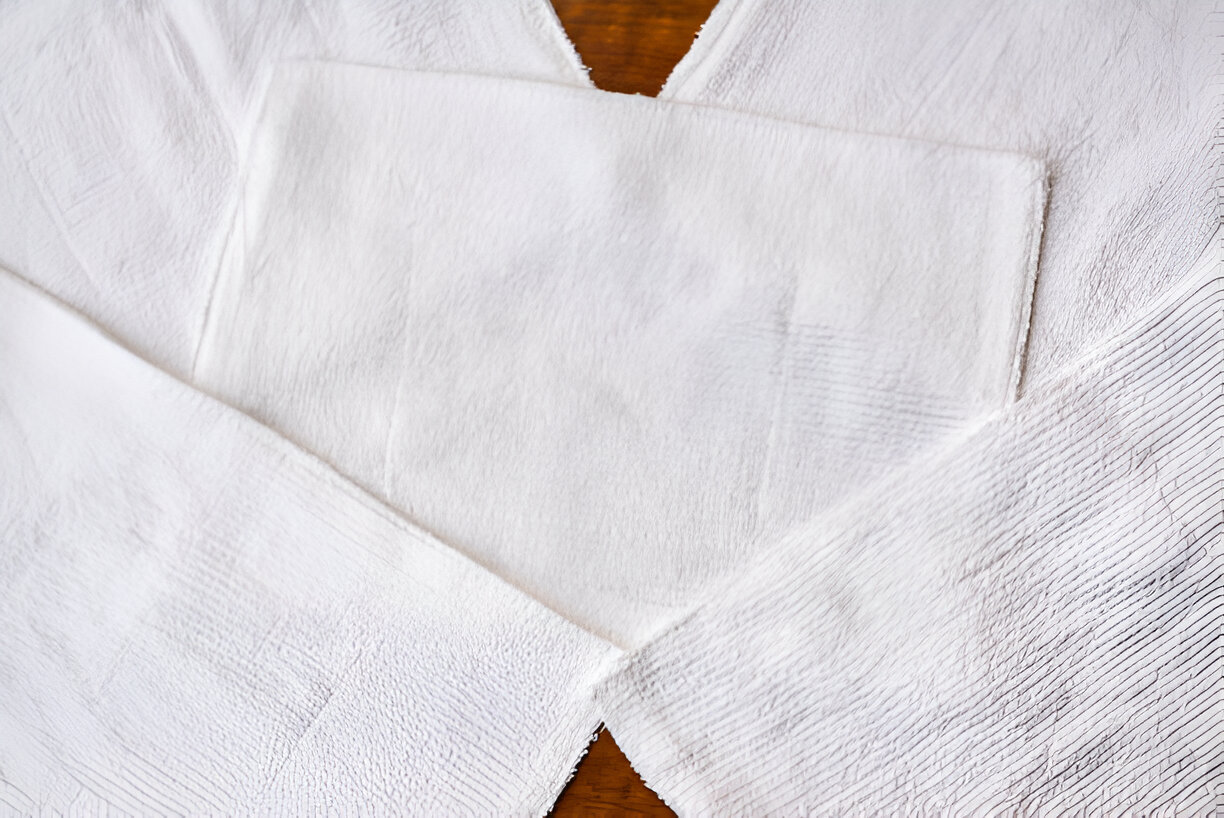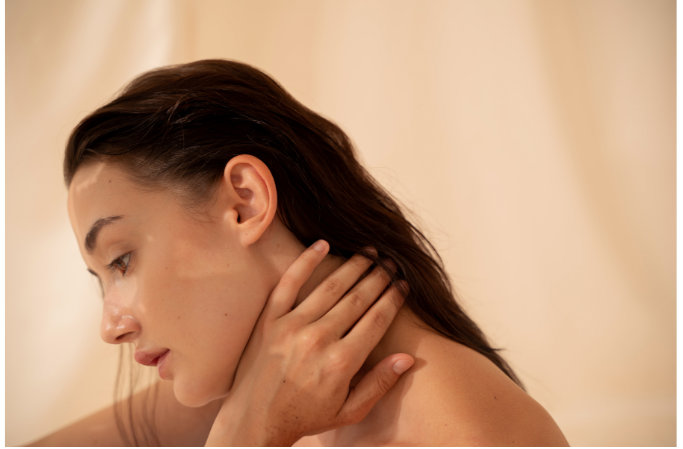
Good, shining skin expresses general wellness and self-care, not only beauty. Radiant skin indicates good health and lifestyle choices and helps one feel more confident.
Getting and keeping perfect skin calls for a whole strategy covering both internal and outside elements. Along with a good skincare regimen, proper nutrition, hydration, and lifestyle choices help to accentuate and defend the natural radiance of your skin.
Nourishing Your Skin From the Inside
Balanced Diet

- Key Nutrients: Vitamins A, C, and E are potent antioxidants that boost collagen creation, combat free radicals, and heal skin. Omega-3 fatty acids help the skin to be elastic and hydrated, thus lowering irritation and dryness. Fruits, vegetables, and green tea’s antioxidants shield from environmental harm and enhance general skin texture.
- Hydrating Foods: Foods abundant in water, such as cucumbers, watermelon, oranges, and leafy greens, aid in keeping the skin plump and moist. These foods also provide minerals and vitamins that help to give a brilliant complexion.
Staying Hydrated

- Skin Elasticity: Water keeps skin cells supple and robust, helping to minimize the appearance of fine lines and wrinkles. Regular water helps to encourage a more youthful, smoother texture.
- Detoxification: Drinking adequate water helps the body eliminate impurities, therefore lowering the possibility of clogged pores, breakouts, and dullness. Better circulation from a hydrated body guarantees effective delivery of nutrients to the skin.
Supplements (if needed)
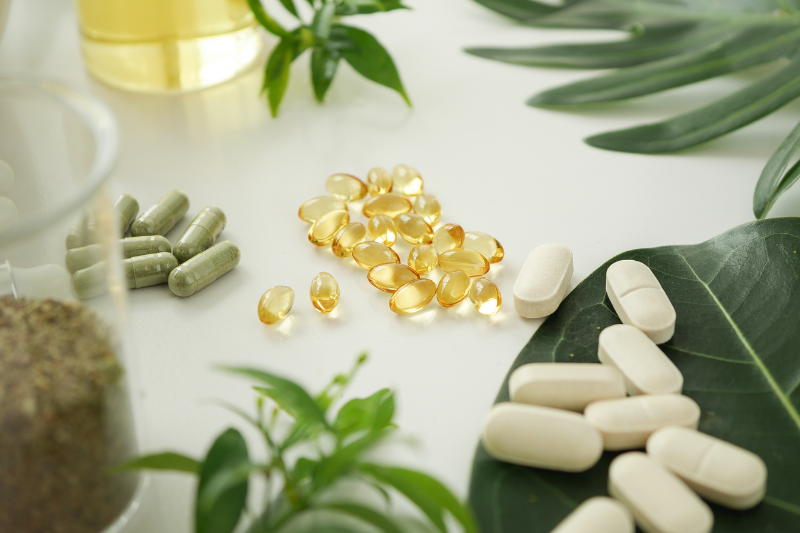
- Collagen: Collagen is a protein that maintains skin’s firmness and elasticity. As natural collagen production decreases with age, collagen supplements can help reduce fine lines, improve hydration, and restore skin suppleness.
- Biotin: Also known as Vitamin B7, biotin supports the health of the skin, hair, and nails. It promotes cell regeneration and can help address dryness and irritation.
- Other Skin-Friendly Supplements:
- Vitamin C: Boosts collagen production and fights free radicals.
- Zinc: Helps with acne management and wound healing.
- Omega-3 Fatty Acids: Reduces inflammation and keeps the skin moisturized from within.
Establishing a Skincare Routine
Cleansing
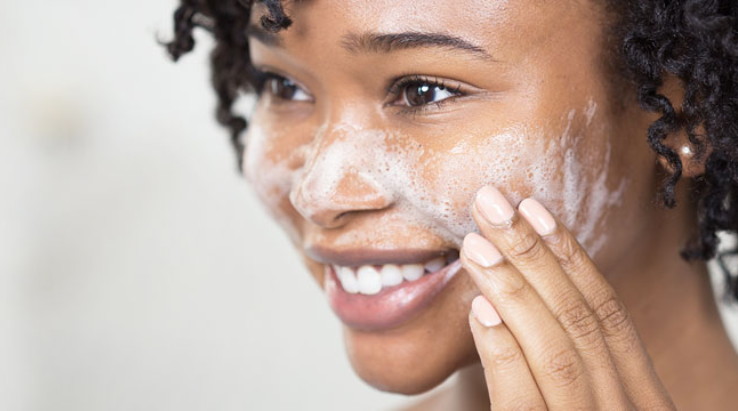
Choosing the Right Cleanser for Your Skin Type:
- Oily Skin: Opt for a gel-based or foaming cleanser that removes excess oil without stripping the skin. Look for ingredients like salicylic acid or tea tree oil to help control shine and prevent breakouts.
- Dry Skin: Use a cream or lotion-based cleanser that hydrates while gently cleansing. Ingredients like hyaluronic acid or glycerin can lock in moisture.
- Combination Skin: Choose a balanced cleanser that targets oil in the T-zone while hydrating drier areas.
- Sensitive Skin: To avoid irritation, use a fragrance-free, hypoallergenic cleanser with soothing ingredients like chamomile or aloe vera.
- Normal Skin: A gentle, non-stripping cleanser works well to maintain the skin’s natural balance.
Exfoliation
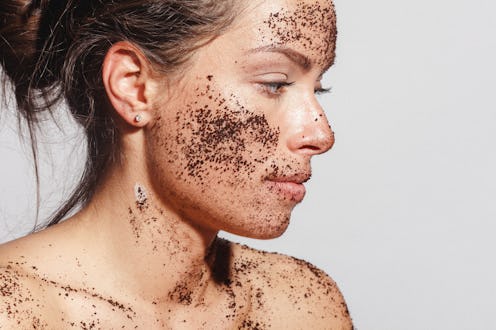
Benefits of Removing Dead Skin Cells:
- Unclogs pores, reducing the likelihood of breakouts and blackheads.
- It enhances skin texture, making it feel softer and more radiant.
- Promotes better absorption of skincare products like serums and moisturizers.
- Stimulates cell turnover, which helps reduce dullness and improve skin tone over time.
Frequency Depends on Skin Type:
- Oily Skin: Exfoliate 2-3 times weekly to prevent buildup without over-stripping oils.
- Dry or Sensitive Skin: Limit exfoliation to 1-2 times a week using gentle, hydrating exfoliants to avoid irritation.
- Combination Skin: Balance exfoliation to 1-2 times a week, focusing more on the oily T-zone.
- Normal Skin: Exfoliate 1-3 times a week, depending on your skin’s tolerance and needs.
Moisturizing
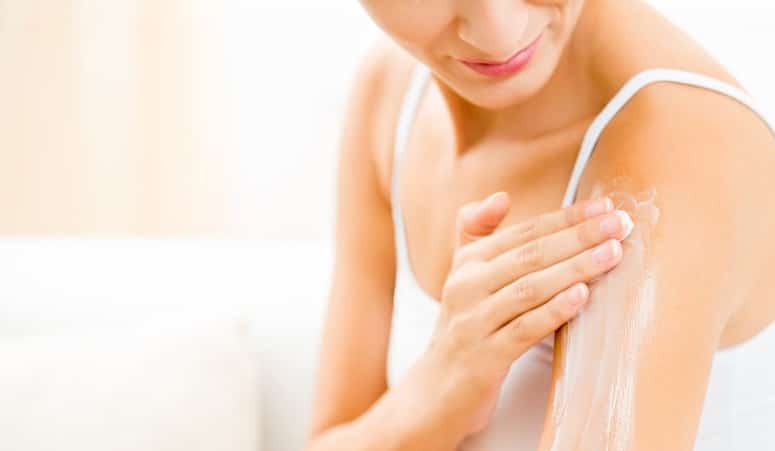
Importance of Hydration for All Skin Types:
- Oily Skin: Hydration helps balance oil production and prevents overcompensation by sebaceous glands.
- Dry Skin: A moisturizer replenishes lost moisture, repairing the skin barrier and preventing flakiness.
- Sensitive Skin: Hydration soothes irritation and strengthens the skin’s natural defense against environmental aggressors.
- Combination Skin: Moisturizers provide hydration to dry areas while maintaining balance in oil-prone zones.
Selecting a Moisturizer Tailored to Your Needs:
- Oily Skin: Choose lightweight, oil-free, or gel-based moisturizers with ingredients like hyaluronic acid or glycerin.
- Dry Skin: Opt for rich, cream-based moisturizers with ceramides, shea butter, or natural oils to deeply hydrate.
- Sensitive Skin: Use fragrance-free, hypoallergenic moisturizers with soothing agents like aloe vera or oatmeal.
- Normal Skin: Go for a balanced moisturizer with a mix of hydrating and protective ingredients.
Sun Protection

Role of Sunscreen in Preventing Damage and Aging:
- Prevents Sunburn: Sunscreen protects the skin from harmful UVB rays, which can cause sunburn and redness.
- Reduces Skin Cancer Risk: Consistent sunscreen use helps lower the risk of skin cancers, including melanoma, by blocking harmful UV radiation.
- Prevents Premature Aging: UVA rays penetrate deeper into the skin, causing wrinkles, fine lines, and age spots. Sunscreen shields the skin from these rays, helping to prevent early signs of aging.
- Protects Against Hyperpigmentation: Sunscreen helps prevent dark spots and uneven skin tone caused by sun exposure, maintaining a clearer complexion.
To maximize protection, choose a broad-spectrum sunscreen with an SPF of 30 or higher and apply it every morning, even on cloudy days. Reapply all during the day, particularly if you swim or sweat. Maintaining skin health and ensuring your skin looks brilliant for years to come depends on regular sun protection.
Lifestyle Habits for Radiance
Quality Sleep

How Sleep Repairs and Rejuvenates Skin:
- Cell Regeneration: During sleep, the body enters a restorative phase, where skin cells regenerate and repair. Growth hormones are released, helping to heal and renew the skin, minimizing damage from daily environmental stressors.
- Collagen Production: Sleep boosts collagen production, which is vital for maintaining skin elasticity and preventing wrinkles.
- Improved Blood Flow: As you sleep, blood circulation increases, delivering more oxygen and nutrients to the skin, contributing to a healthier, more vibrant complexion.
- Reduction of Inflammation: Sleep helps reduce skin inflammation and redness, promoting a calmer, clearer complexion.
Stress Management

The Impact of Stress on Skin Health:
- Increased Inflammation: Stress triggers the release of cortisol, a hormone that can lead to inflammation in the skin, worsening conditions like acne, eczema, and psoriasis.
- Breakouts: Elevated cortisol levels can increase oil production in the skin, leading to clogged pores and breakouts.
- Premature Aging: Long-term stress can break down collagen and elastin in the skin, leading to fine lines, wrinkles, and a loss of firmness.
- Dullness and Dryness: Stress can disrupt the skin’s hydration levels, leading to dryness, flakiness, and a lack of radiance.
Techniques for Stress Management:
- Meditation: Regular meditation can help reduce cortisol levels, calm the mind, and promote relaxation. Practices like deep breathing and mindfulness meditation also improve mental clarity and emotional well-being.
- Exercise: Physical activity reduces stress and stimulates endorphins, which help combat skin issues related to stress. Exercise also boosts circulation, promoting healthy, glowing skin.
- Journaling: Writing down thoughts and emotions can be a therapeutic way to release stress and gain perspective, helping to lower anxiety levels and improve skin health.
Exercise

Boosting Circulation and Promoting a Natural Glow:
- Improved Blood Flow: Exercise increases circulation, allowing more oxygen and nutrients to reach the skin. This enhanced blood flow helps deliver the essential elements needed for healthy skin, contributing to a radiant complexion.
- Detoxification: Sweating during exercise helps expel toxins from the body, which can help clear pores and reduce the likelihood of breakouts.
- Collagen Production: Exercise stimulates collagen production, which improves skin elasticity, reduces the appearance of fine lines, and maintains a youthful appearance.
- Reduced Stress: Physical activity is a natural stress reliever, lowering cortisol levels that can contribute to skin issues like acne and inflammation.
Avoiding Harmful Practices
Overuse of Products or Harsh Ingredients:
Applying strong substances or too many skincare products could throw off the natural balance of your skin, causing sensitivity, dryness, or inflammation. For instance, over-exfoliating could destroy the skin barrier, leading to redness and more sensitivity to environmental stresses. Using items appropriate for your skin type is crucial, and you should avoid stuffing your regimen with pointless extras.
Smoking and Its Detrimental Effects on Skin:
By lowering blood flow and so depriving the skin of oxygen and nutrients, smoking speeds up skin aging. It also breaks down elastin and collagen, which causes a pale complexion and drooping, creases. Furthermore aggravating the skin’s capacity to repair and rejuvenate is smoking’s vasoconstrictive effect. Your skin’s appearance and condition will be much better if you stop smoking.
Excessive Sugar and Processed Foods:
A diet heavy in processed foods and sugar can cause bodily inflammation that influences the skin. Eating too much sugar can lead to glycation, a process that destroys elastin and collagen, therefore aggravating aging and loss of skin suppleness. Additionally aggravating acne and outbreaks might be a diet high in processed carbs and harmful fats. To feed your skin from the inside out, instead pay close attention to entire foods, lean proteins, good fats, and antioxidants.
Home Remedies and Natural Boosters
Face Masks Using Natural Ingredients:
- Honey: Natural humectant honey pulls moisture into the skin, therefore softening and hydrating it. It also boasts antimicrobial qualities that might help stop acne. For moisturizing and anti-inflammatory effects, dab raw honey straight on the face and keep it on for ten to fifteen minutes.
- Turmeric: The Brightening and anti-inflammatory qualities of turmeric are well-known; these can assist in balancing skin tone and even lower redness. Form a paste from turmeric powder mixed with yogurt or honey, then dab it on your face for ten to fifteen minutes. Since turmeric might cause stains, be sure you rinse very well.
- Avocado: Rich in antioxidants, vitamins, and good fats, avocado feeds and hydrates dry skin. To create a calming and hydrating mask, mash half an avocado and dab it into your skin. Leave it on for 10 to 15 minutes then rinse to bring back the moisture balance of your skin.
Essential Oils for Skin Health:
- Tea Tree Oil: Tea tree oil is well known for its antibacterial, antifungal, and anti-inflammatory properties, making it a great option for treating acne and blemishes. Dilute a few drops with a carrier oil (like jojoba or coconut oil) and apply it to acne-prone areas.
- Rosehip Oil: Rosehip oil is rich in vitamins A and C, both of which promote skin regeneration and repair. This oil helps reduce the appearance of scars, fine lines, and hyperpigmentation. Massage a few drops into your skin daily to boost skin health and restore a youthful glow.
- Lavender Oil: Lavender oil has calming properties that can help reduce stress-related skin issues and soothe irritated skin. It also promotes relaxation, making it ideal for use in a bedtime skincare routine. Add a few drops of lavender oil to a carrier oil and gently massage into the skin for soothing benefits.
When to Seek Professional Help
Consulting a Dermatologist for Persistent Issues:
If you experience ongoing skin problems such as severe acne, eczema, rosacea, or unexplained rashes, it’s a good idea to consult a dermatologist. Persistent skin issues may require medical treatment or a tailored skincare plan that addresses underlying causes. A dermatologist can provide professional advice, prescribe medications, and offer treatments that are more effective than over-the-counter options.
Signs to see a dermatologist:
- Chronic acne or severe breakouts
- Persistent redness, irritation, or inflammation
- New or changing moles or skin lesions
- Excessive dryness, scaling, or itching
- Conditions not responding to over-the-counter products
Professional Treatments Like Facials, Chemical Peels, or Laser Therapy:
For deeper skin concerns or to boost your skin’s radiance and health, professional treatments can be highly beneficial.
- Facials: A facial at a spa or dermatologist’s office can deeply cleanse, exfoliate, and hydrate the skin. This can be especially helpful for maintaining a healthy glow and addressing issues like clogged pores or dullness.
- Chemical Peels: Chemical peels are designed to exfoliate the skin, removing dead skin cells and revealing smoother, brighter skin. They can help with acne scars, uneven pigmentation, and fine lines.
- Laser Therapy: Laser treatments, like fractional CO2 or laser resurfacing, are effective for treating acne scars, sun damage, wrinkles, and hyperpigmentation. These therapies stimulate collagen production and improve skin texture over time.
The key to glowing skin is sticking with a routine that includes cleansing, moisturizing, sun protection, and a healthy diet. Maintaining skin conditions and avoiding early aging or breakouts depends on regular maintenance. As improvement usually takes weeks or even months to show, be patient and let your skin react to the changes in your regimen.
Radiant skin is a mirror of your general well-being, not only of outside treatment. Maintaining good skin depends much on a balanced diet high in nutrients, enough water, frequent exercise, and stress management. To ensure long-term skin health and get results, mix these lifestyle elements with a mild and consistent skincare regimen.






